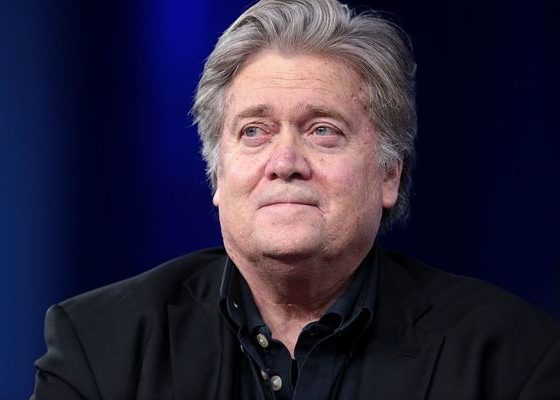On Wednesday a federal judge knocked down former Trump adviser Steve Bannon’s request to dismiss contempt of Congress charges against him.
Congress voted to hold Bannon in contempt after he refused to appear before the House Select Committee investigating the Jan. 6th riot.
The Washington Examiner reports:
Bannon’s lawyers argued the subpoenas were issued by a committee that was illegitimate because House Speaker Nancy Pelosi appointed Rep. Liz Cheney (R-WY) as vice chairwoman of the panel, despite the minority party typically selecting the No. 2 member on committees, but Judge Carl Nichols rejected that argument.
Nichols, who was appointed by President Donald Trump, noted that the full Congress voted to hold Bannon in contempt in October after he refused to sit down for a deposition with the Jan. 6 committee and turn over documents it requested. He also chided Bannon for not giving the panel a log detailing his privilege claims. As a result of the ruling, Bannon will stand trial in the case next month.
During the hearing, Bannon’s lawyers shed new light on why he felt executive privilege precluded him from complying with the panel’s subpoena. Despite not being a member of the White House staff during the fallout from the 2020 election, the former Trump strategist had at least one conversation with the then-president that he does not want to divulge to the committee.
“He’s a former senior adviser who the president then calls in,” David Schoen, Bannon’s lawyer, said, according to the Daily Beast, adding that Bannon “was later called in to have a conversation with the president.”
Bannon has pleaded not guilty to the charges. If convicted, he would not be required to comply with the J6 panel’s subpoena and could face up to a year in prison and a $100,000 fine per count. The Trump adviser was indicted on two counts of contempt in November.











